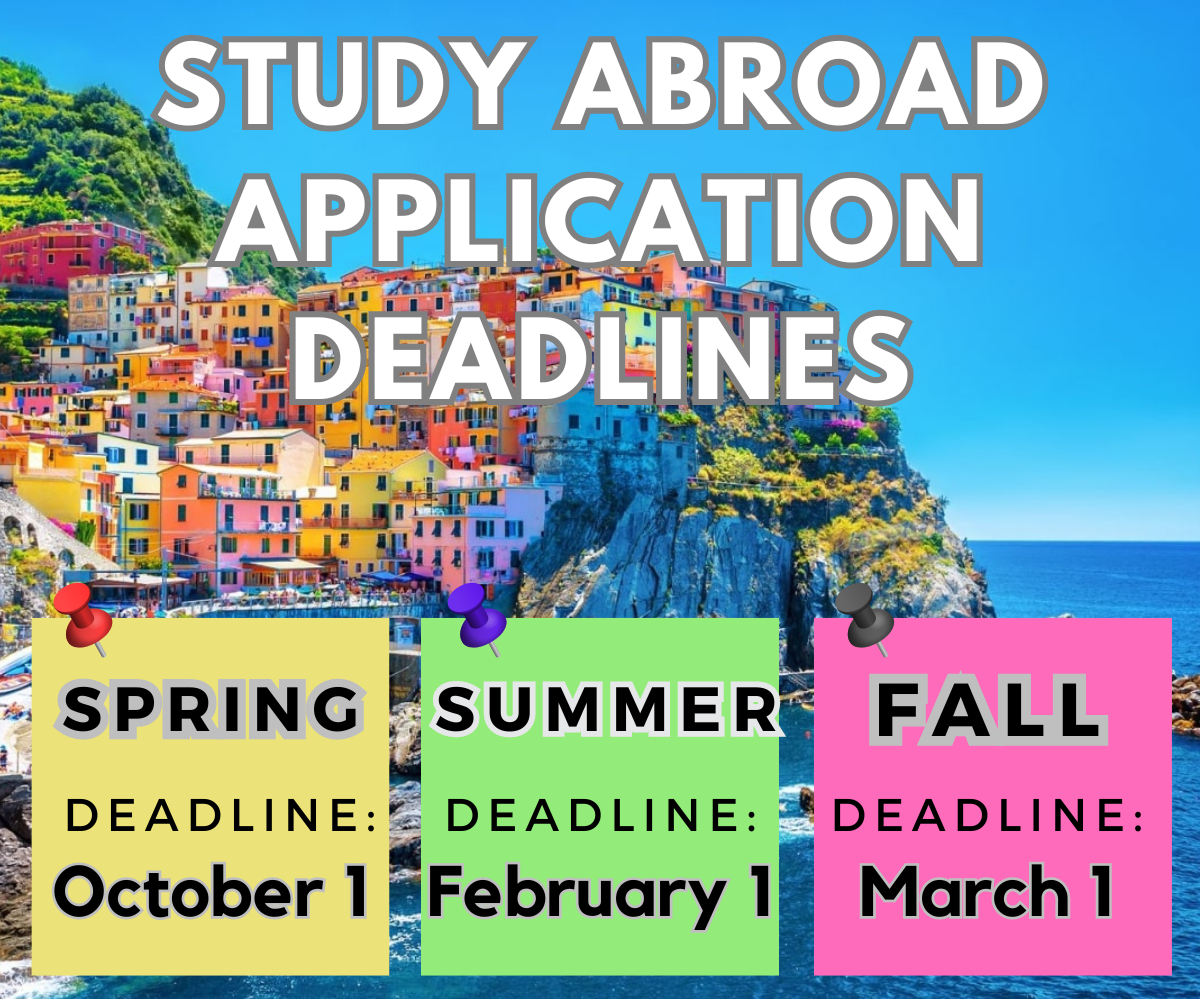You are here
Gender Issues
Students abroad will discover that growing up in the United States has prepared them for different roles in society than the ones their contemporaries in other countries expect. Since you will be viewed according to the gender expectations of the host culture, you may feel uncomfortable at times. This is particularly true for female students who may find themselves the targets of unwanted attention.
Try to understand the role of the sexes in the culture to which you are traveling. What may be appropriate and friendly behavior in the U.S. may bring you unwanted attention in another culture.
You may find the following resources useful:
Culture Shock
The Culture Shock series of books is useful to aid in understanding gender issues in your host country. Each book is based on a different destination and offers a different story. Available on Amazon, bookstores such as Barnes and Noble and for free on Kindle Unlimited.
Her Own Way: Advice for the Woman Traveler
The Canadian Consular Affairs Bureau provides information about security, packing, culture shock and more in this article for women travelers.
JourneyWoman
An online travel resource for women.
Sexual Harassment And Prevention In College Students Studying Abroad
The SAFETI On-Line Newsletter addresses issues of safety in study abroad. This article explores how women can minimize their risk of being sexually harassed while traveling abroad.
Women Travelers
Britain's Foreign and Commonwealth Office (FCO) lists a number of tips for women travelers. The FCO is the department of the British Government responsible for overseas relations and foreign affairs.
Note: A woman traveling by herself may encounter more difficulties than a man by himself. Some of the best methods of avoiding hassle are to fit in and try to understand the role of the sexes in the culture of which you are traveling. Flexibility means observing how the host country’s women dress and behave and follow their example. What may be appropriate or friendly behavior in the U.S. might bring unwanted, even dangerous, attention in another culture. Try not to take offense at whistles and other gestures of appreciation, regardless of whether they are compliments, invitations, or insults. Realize these gestures are as much a part of the culture as its food, history, and language; but if your intuition tells you a situation is dangerous, act as if it is. Situations may arise when the unwanted attention becomes very annoying or even frightening. Do not compromise your personal safety to remain culturally tactful. You have a right not to be harassed or frightened. Learn to say, "No, please leave me alone," in the host country’s language and say it firmly. Be extra careful when giving your trust. This applies generally, but it is especially important when traveling alone.
LGBTQ+
The Education Abroad Office encourages all students to consider making study abroad part of their degree program at Indiana University. We welcome LGBTQ+ students who meet our eligibility requirements to participate in our programs. If you wish to discuss any aspect of the study abroad experience, related to your sexual orientation or otherwise, please contact an advisor in the Education Abroad Office.
Additional resources and information about LGBTQ+ issues abroad can be found at NAFSA's Rainbow Special Interest Group. This site is maintained by staff of Indiana University and produced by international education professionals who specialize in LGBTQ+ issues.
Consider applying for a Foundation for Education Abroad Rainbow Scholarship for a deserving LGBTQ+ student who aims to participate in a high-quality, rigorous education abroad program.





